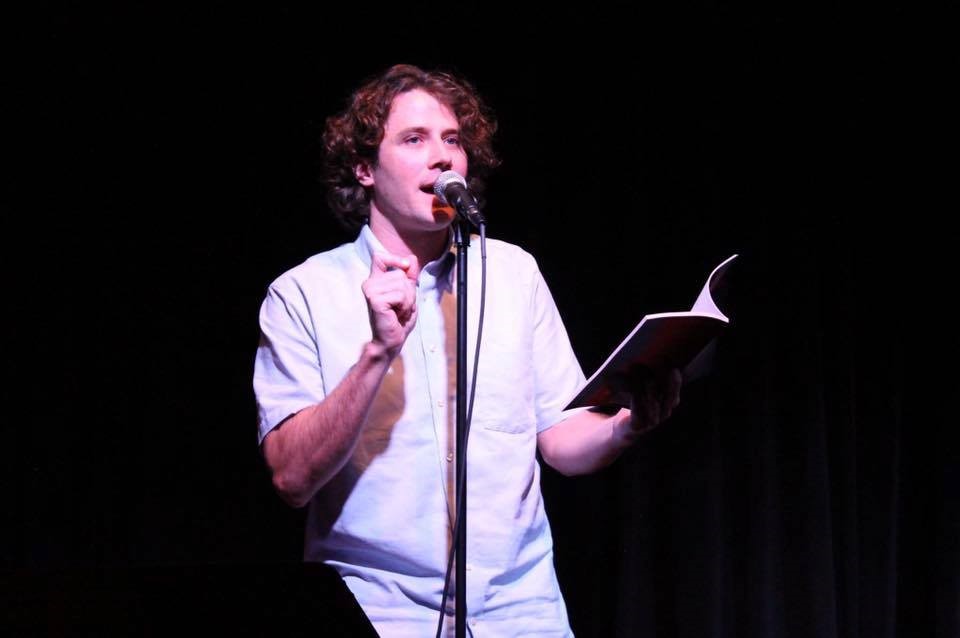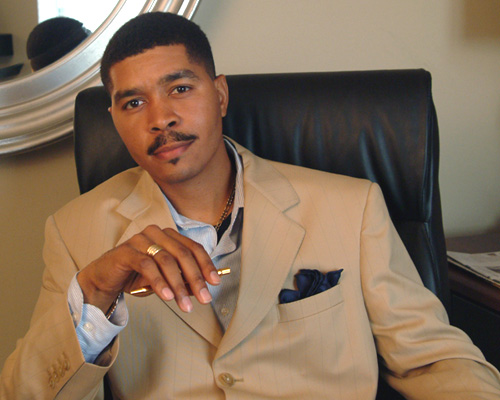 A Conversation with Nina Foxx: Author, Playwright and Filmmaker
A Conversation with Nina Foxx: Author, Playwright and Filmmaker
BF: You were already a successful author before receiving your MFA degree. What made you decide to go back to school, and what did you learn about your writing through the program?
NF: I wanted to write better, in a more thoughtful way. I also wanted to gain some credibility as I planned to cross genres and publish some work in a more literary style. I learned to read like a writer, for sure and learned to look at the details in a different way.
BF: Who were some of your writing heroes growing up? Who do you admire now?
NF: I used to read my father’s books, and he loved Science Fiction. Asimov, Stephen King. I love Stephen King to this day. My tastes are so eclectic. I read everything. Right now, for instance I am reading Game of Thrones and Americanah. I love to see how true a movie adaptation is to a book.
BF: Where do you get your inspiration for your stories?
NF: I’m a people watcher. I am a psychologist. I watch people for a living! As a writer, I get to write down and interpret what I see.
BF: Not only are you a successful author, but you also have the titles of playwright and filmmaker. Do you feel like you have to wear different hats for these roles? Also, is there one title that you’re more proud of than the other?
NF: They are all about watching people and translating them to different ways of telling a story. Bringing my characters to life is a natural progression of writing, and I love dealing with the business side of film.
BF: You recently raised the question, “What is urban fiction?” on your Facebook profile. You also stated that your latest book, Eastern Spice was classified as “urban.” How do you define urban literature and do you consider your book to be urban?
NF: I don’t define any of it. Someone else does, and as writers we get lumped in categories. I think “they” seem to be defining urban as “written by Black.” There is nothing urban about where the characters in the Cynnamon Foster books go and live. And what happens in the books is certainly different than what happens in the books they say are traditionally urban. I couldn’t write that authentically.
BF: Describe your typical writing day (for example, where do you prefer to write? How long do you write? Etc.)
NF: I have a lot of things on my plate. I usually try to write about an hour midday, then again a couple of hours at night, more on the weekends, especially if I have a deadline.
BF: What is the most challenging part of writing for you?
NF: Writing fast enough to get the ideas out of my head. Sometimes I have more ideas than motivation!
BF: We had the pleasure of chatting with you when you graduated from FDU. What resonated the most with us was when you told us to never listen to anyone who didn’t think your work was good. You said, “If you believe it’s good, then it’s good.” Do you have any other advice to writers?
NF: Write for practice and pleasure, as opposed to for publication, and don’t ever throw anything away. You might find a home for it eventually or it can evolve into something you didn’t imagine.
BF: What is most important to you—character or plot?
NF: It depends on what I am writing. I have written both types of things.
BF: What’s next for you? Any upcoming projects?
Lots. I owe a publisher two Cynnamon Foster books (same series). They take place in more exotic locales that I visited. I also edited a creative non-fiction anthology that will be published by Simon and Schuster next year (as Nina Foxx). I also have several Nina Foxx books in the pipeline including a young adult series. I have one literary novel that was short-listed for a Doctorow Award in Innovative Fiction. On the film front, I had one just released (executive producer), and three other features behind it. Lastly, I am in development on a film I wrote that is based on one of my earlier books.
To find out more about Nina Foxx visit her website: www.ninafoxx.com.



